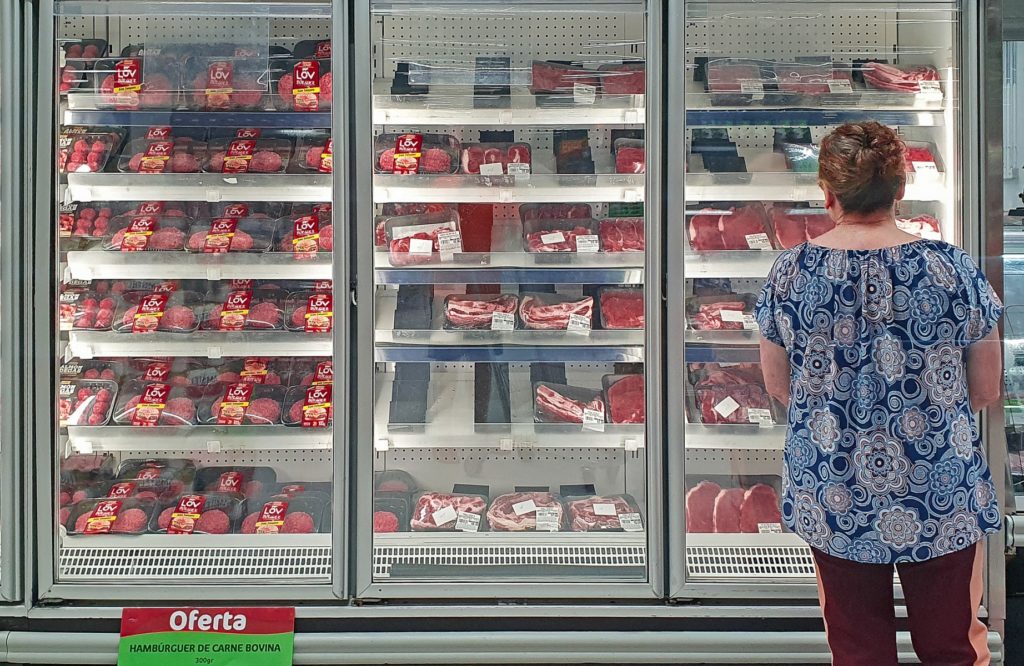São Paulo – Saudi Arabia, Palestine, and Jordan – the three Arab countries that lifted the ban on Brazilian beef imports. Several countries barred the entry of the product into their markets after an isolated and atypical case of Bovine Spongiform Encephalopathy (BSE), also known as “mad cow disease,” was reported in the Northern region of Brazil. Two other Arab countries, however, remain among the nations upholding the ban: Qatar and Bahrain. The information was supplied to ANBA by the Brazilian Ministry of Foreign Affairs (MRE).
This Thursday (23), the Ministry issued a press release celebrating the reopening of the Chinese market for Brazilian beef and informing four other countries had also lifted the ban. To ANBA, the MRE reported they were Saudi Arabia, Palestine, Jordan, and Malaysia. In the release, the Ministry said the countries that continue to bar the entry of Brazilian beef are Bahrain, Kazakhstan, Qatar, Iran, Russia, and Thailand. However, the MRE pointed out an active monitoring work prevented embargoes in four countries.
China, the leading destination for Brazilian beef, suspended purchases on February 28. The reopening occurred after intense diplomatic efforts and the visit of the minister of Agriculture, Livestock, and Food Supply of Brazil, Carlos Fávaro, to the country, according to the MRE. Unlike the classic form of BSE, the disease reported in an animal in the state of Pará was a natural occurrence in the cattle herd and is therefore atypical and isolated, not posing a risk to public health, according to the guidelines of the World Organization for Animal Health (WOAH). In early March, a laboratory test confirmed the case detected was atypical BSE.
In the opening picture, merely illustrative, a consumer in a Brazilian supermarket.
Translated by Elúsio Brasileiro




